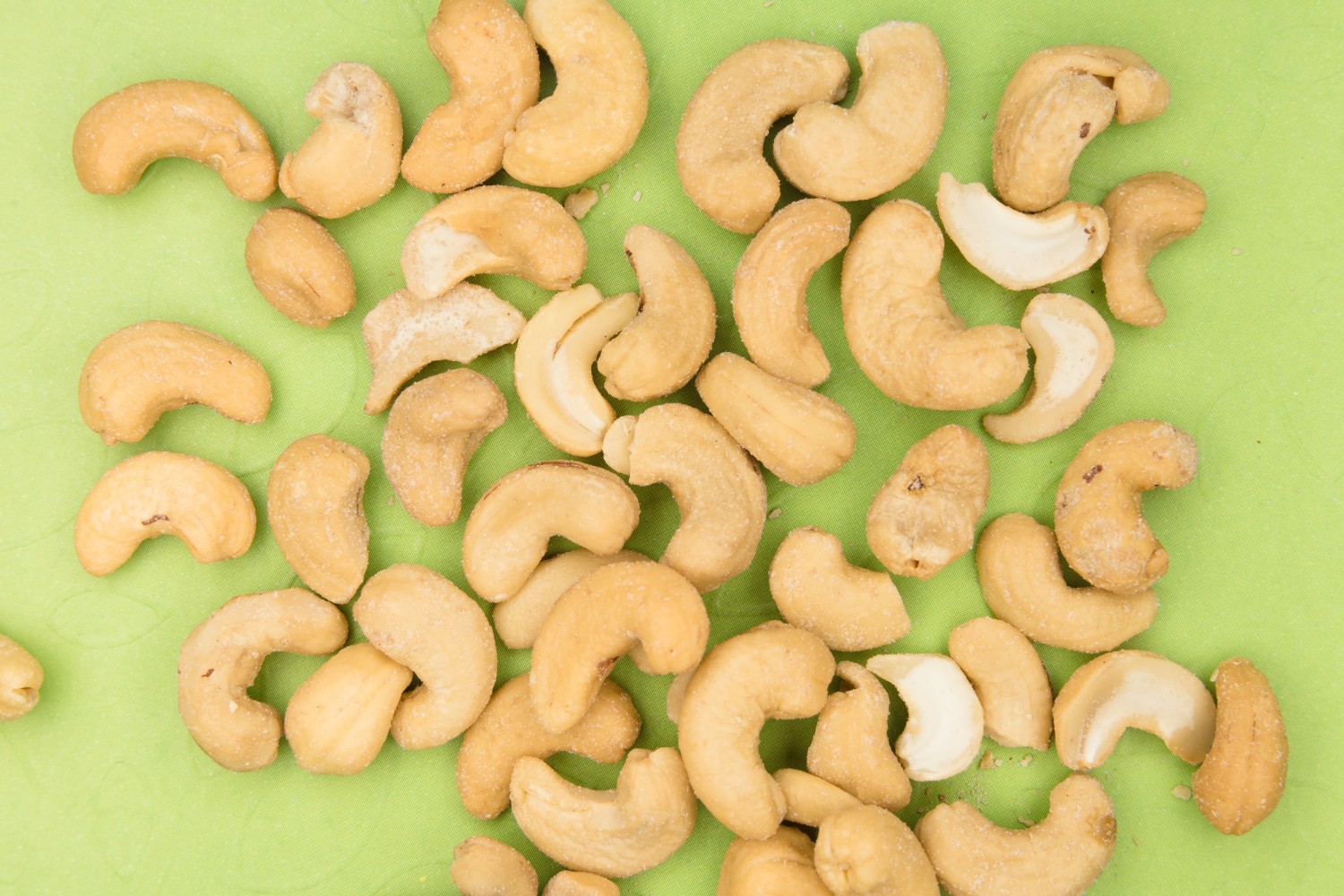For decades, the mantra for weight management has been simple: “Calories in, calories out.” Count your calories, stay within your limit, and the pounds will melt away. However, this simplistic approach overlooks a crucial player in the weight gain game: insulin. Recent research suggests that focusing solely on calorie counting may be missing the mark, and that understanding insulin’s role in fat storage is key to unlocking sustainable weight management.
Insulin: The Sugar Gatekeeper
Insulin is a hormone produced by the pancreas in response to rising blood sugar levels, primarily after carbohydrate intake. Its primary function is to unlock the doors of our cells, allowing glucose (a type of sugar) to enter and be used for energy. However, when blood sugar levels spike rapidly, as they often do after consuming refined carbohydrates or sugary foods, insulin also triggers a secondary effect: fat storage.
The Fat Storage Cascade:
- Insulin Spike: A surge of sugar from processed foods triggers a rapid release of insulin.
- Glucose Uptake: Insulin unlocks cells, allowing glucose to flood in.
- Fat Storage: Excess glucose, unable to be immediately used, is converted to fatty acids and stored in adipose tissue (fat cells). This process is known as lipogenesis.
- Hunger and Cravings: Insulin also suppresses appetite in the short term but can lead to rebound hunger and cravings later, promoting overeating.
Why Counting Calories Falls Short:
- Calorie Equivalence Myth: Not all calories are created equal. While a bowl of broccoli and a bag of crisps may contain the same calorie count, the body processes them differently. Broccoli’s complex carbohydrates and fiber release glucose slowly, minimising insulin spikes. Conversely, the refined carbohydrates in crisps cause a rapid blood sugar rise and trigger the fat storage cascade.
- Metabolic Efficiency: Individual metabolic rates differ, meaning some people burn calories more efficiently than others. This can make calorie counting less effective for some individuals.
- Focus on Food Quality: Obsessively counting calories can distract from the importance of food quality. Prioritising whole, unprocessed foods rich in fiber and nutrients promotes satiety, regulates blood sugar, and supports overall health.
Shifting the Focus: From Calories to Insulin
By understanding insulin’s role in weight gain, we can shift our focus from mere calorie counting to a more holistic approach. This includes:
- Prioritising whole, unprocessed foods: Choose foods rich in fibre, protein, and healthy fats, which promote slower digestion and minimise blood sugar spikes.
- Limiting refined carbohydrates and sugary drinks: These foods trigger rapid insulin release and fat storage.
- Managing stress: Chronic stress can elevate cortisol levels, which can synergise with insulin and exacerbate fat storage.
- Getting regular exercise: Physical activity improves insulin sensitivity and helps regulate blood sugar levels.
By moving beyond the calorie-counting paradigm and recognising insulin’s role in weight gain, we can unlock a more nuanced and effective approach to sustainable weight management. Remember, it’s not just about the numbers on the scale, but about understanding the hormonal dance that plays out within our bodies.
References:
- Lustig, Robert H. Fat chance: The hidden factors that are making us fatter. Penguin Books, 2013.
- Ludwig, David S. “The carbohydrate-insulin model of obesity: beyond ‘calories in, calories out’.” JAMA internal medicine 166.22 (2006): 2457-2463.
- Hall, Kevin D., et al. “Calorie restriction in humans: why it fails and how it can succeed.” The American Journal of Clinical Nutrition 88.2 (2008): 477S-484S.
- Koster, Arjan, et al. “Insulin sensitivity and the metabolic effects of weight loss: is there a link?” International Journal of Obesity 33.10 (2009): 1032-1042.
tuneshare



